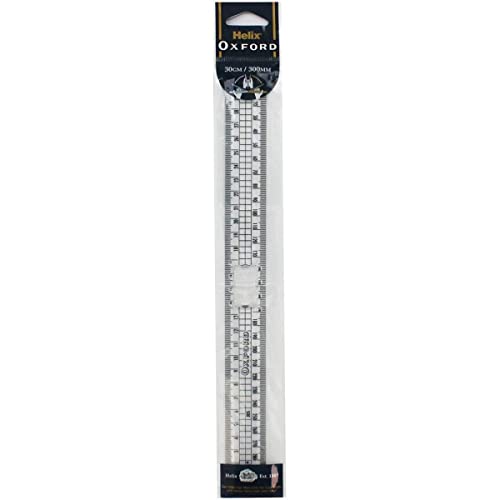The Evolution of Rulers: From Ancient Kings to Modern Leaders
Throughout history, rulers and leaders have played a crucial role in shaping societies and governing civilizations. From the ancient kings of Mesopotamia to the modern presidents and prime ministers of today, the concept of rulership has evolved significantly over time. This article explores the history of rulers, examining the different types of leaders that have emerged throughout the centuries.
Ancient Mesopotamia: The Birthplace of Kingship
The history of rulers can be traced back to ancient Mesopotamia, often considered the birthplace of kingship. In this region, city-states were governed by powerful monarchs known as “kings.” These rulers were believed to have divine authority, acting as intermediaries between the gods and their people. They not only governed their kingdoms but also oversaw religious rituals and made important decisions regarding warfare, trade, and agriculture. One of the most well-known Mesopotamian rulers was Hammurabi, who implemented the Code of Hammurabi, a set of laws that influenced legal systems for centuries to come.
The Pharaohs of Ancient Egypt: Divine Rulers
In ancient Egypt, the rulers were known as pharaohs and were considered divine beings. They were believed to be the representatives of the gods on earth and were responsible for maintaining Ma’at, the cosmic order. The pharaoh ruled over a highly centralized kingdom, exerting control over every aspect of Egyptian society. Their power was reinforced by a complex system of religious beliefs and rituals. Examples of famous pharaohs include Tutankhamun, Ramesses II, and Cleopatra.
Feudalism and Monarchy in Medieval Europe
During the medieval period in Europe, rulership took on a different form. Feudalism emerged as the dominant political and social system, with monarchs serving as the ultimate authority in their respective territories. Kings and queens held hereditary power, passed down through bloodlines. While their authority was often based on divine right, the influence of feudal lords and the Church also played significant roles. Monarchs such as Charlemagne, William the Conqueror, and Queen Elizabeth I left a lasting impact on European history.
The Rise of Democracy and Modern Leaders
The concept of rulership began to shift during the Enlightenment period, with Enlightenment thinkers challenging the divine right of kings. This era gave birth to the idea of democracy and the belief that leaders should be chosen by the people they govern. The American and French Revolutions further propelled the idea of popular sovereignty, leading to the rise of modern leaders who are elected by the citizens. Today, democratic systems are prevalent in many countries, with presidents and prime ministers serving as the chief executives. Notable modern leaders include Franklin D. Roosevelt, Winston Churchill, Nelson Mandela, and Angela Merkel.






